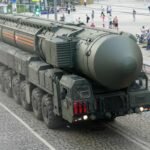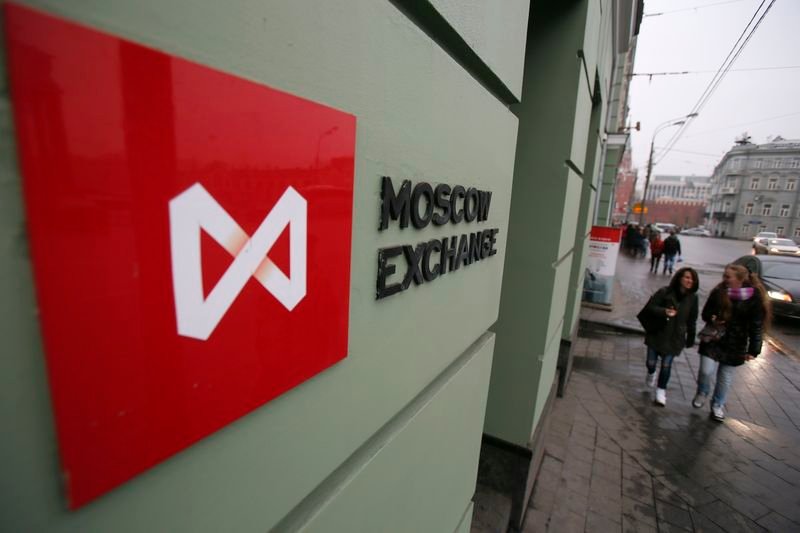
The Moscow Exchange index ended Monday with a gain of 1.86%. Oil prices fell by almost 3%. LUKOIL shares closed in the red zone. Investors did not like the WSJ report about the merger of oil companies.
Moscow Exchange Index.
On November 11, the Moscow Exchange index at the end of the main trading session added 1.86% to 2,785.31 points. The IMOEX2 index, which shows market dynamics including in the evening session, closed slightly lower at 2783.93 points. The RTS dollar index on Monday, following the results of the main trading session, increased by 1.73%, to 895.75 points.
The largest growth in the Moscow Exchange index at the end of trading on November 11 was shown by ordinary shares of Unipro (+6.04%), Severstal (+5.17%), “Sovcomflot» (+4.23%), NLMK (+3.38%) and «Mechela» (+3,25%).
The largest decline was demonstrated by Polyus shares (-3.31%), LUKOIL (-2,08%), «FosAgro“(-1.53%), preferred shares “Surgutneftegaz“(-1.46%) and Ozon receipts (-1.32%).
At the beginning of the week, the Russian stock market showed an optimistic mood, which was a continuation of the positive trend that began in the first days of the month, analysts noted Alfa-Bank.
“However, in the context of relatively high inflation rates and the still tough position of the Central Bank, and also taking into account the fact that a new increase in the key rate is expected in December, the Russian market will have few catalysts that can raise the Moscow Exchange index even higher,” they say jar.
According to VELES Capital analyst Elena Kozhukhova, the Russian stock market has the potential to develop growth towards the October peak of 2838 points. Buying on Monday took place across a wide range of stocks. The analyst believes that investors have hopes of intensifying peace negotiations on Ukraine after Donald Trump comes to power. In the meantime, she notes, the Moscow Exchange indicator is forming new gaps, which can be closed when the target growth level is reached and profit-taking begins.
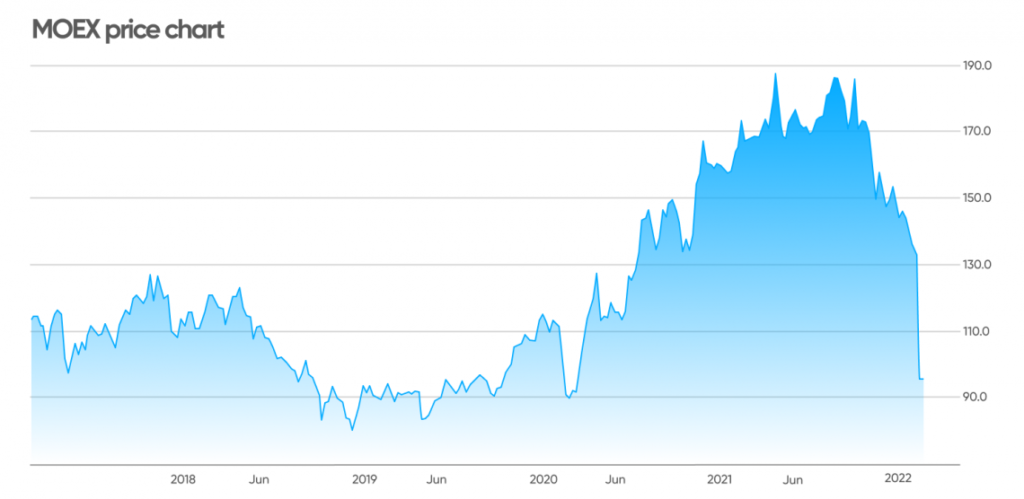
Investment analytics of different researcher:
BCS World of Investments analyst Mikhail Zeltser also associates the growth of the Moscow Exchange index with the fact that market participants hope for a likely geopolitical warming. “Now the index is likely to work out the key level of 2800 points as resistance and a corrective pullback. However, technically we are diagnosing a reversal of the downward trend with the prospect of the market returning to the autumn peaks, to 2900 points,” says Zeltser.
According to Finam Financial Group analyst Ignat Ivanov, the immediate target for stock market growth is 2840 points and 2890 points. He believes that when the index reaches these levels, a correction is possible due to local overbought of the benchmark; support for it will be around 2740 points.
Brent oil quotes fell by 2.76%, to $71.83 per barrel, following trading on November 11.
On the morning of November 12, oil prices continued to decline. At 08:36 Moscow time, the January contract for Brent was trading at $71.55 per barrel.
Oil prices fell after investors became disillusioned with the plan to stimulate the economy of China, the world’s second largest oil consumer, writes Reuters. Chinese authorities said they would allocate $1.4 trillion to refinance hidden debts of local governments, but did not announce new measures to support the economy.
In addition, the strengthening of the dollar had a negative impact on oil. Reuters notes that a stronger dollar makes goods denominated in that currency (including oil) more expensive for holders of other currencies and tends to put pressure on prices.
Also, the price of oil is falling amid a decrease in the level of threat to oil production in the Gulf of Mexico due to storm Rafael.
According to Phil Flynn, senior analyst at Price Futures Group, Donald Trump’s election victory continues to influence the oil market. “The election with Trump’s promise of ‘drill, baby, drill!’ took away some of the reason to go long [in oil],” Flynn said.
This slogan best reflects Trump’s energy policy, which has two goals – to ensure US energy independence and reduce the cost of energy for American consumers, writes BCS World of Investments analyst Ronald Smith.
In his opinion, Trump’s actions aimed at achieving these goals will primarily affect shale fields. “Companies can accelerate drilling in shale plays in relatively short order. This means an increase in production in three to six months, especially if oil prices remain at current levels or rise higher,” says Ronald Smith.
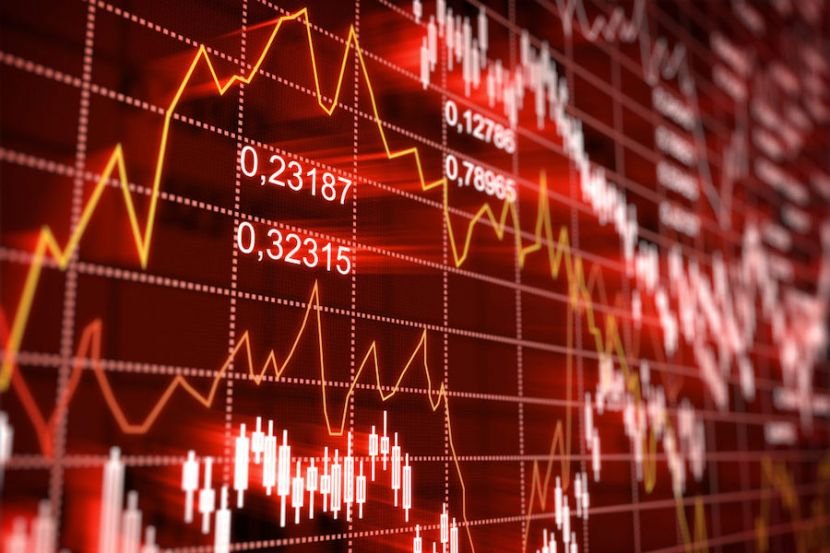
LUKOIL shares.
LUKOIL shares fell by 2.08% at the end of trading on Monday, November 11, dropping to ₽7022.5 per share. At the low of the day, the security was trading at ₽6995.5.
The oil producer’s quotes showed one of the most significant drops in the Moscow Exchange index.
According to Freedom Finance Global analyst Vladimir Chernov, the fall in LUKOIL shares is due to an article published on Saturday in The Wall Street Journal, according to which Russia plans to merge the country’s largest oil companies into a state corporation. These companies, according to the publication, include state-owned “Rosneft” And “Gazprom Neft“and only one private company – LUKOIL.
“Apparently, shareholders negatively assess the prospects of purchasing a private company and merging into a state-owned one due to a likely decline in the quality of management and a reduction in dividend payments,” the analyst suggested.
Meanwhile, Rosneft denied the WSJ information on its website. “The purported intentions have no relation to reality and are not subject to any sane business logic,” said the release, entitled “Company Commentary to Concerned Foreign Media.”
- On Monday, Rosneft shares, on the contrary, rose noticeably, adding 1.89% to RUB 490.6 per share.
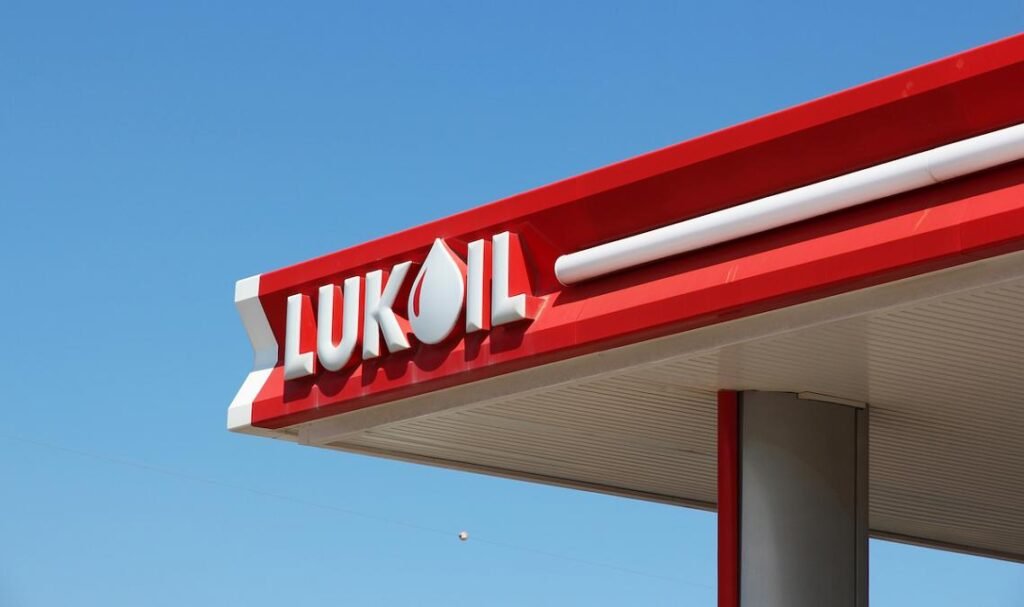
Exchange rates.
We publish the most favorable exchange rates in Moscow exchange offices at 08:20 Moscow time according to the services “Banki.ru” and “Cash Currency Market”.
The cheapest cash dollars you can buy are:
Ak Bars Bank (metro stations “Sukharevskaya”, “Rechnoy Vokzal”, “Krestyanskaya Zastava”, “Otradnoye”): you can buy dollars for ₽97, sell them for ₽95.5;
Bank of Kazan (office addresses can be found on the bank’s website): you can buy dollars for ₽97.15, sell them for ₽96.2.
Cheapest euros:
Raiffeisenbank (office addresses can be found on the bank’s website): you can buy euros for ₽103.8, sell them for ₽93;
OTP Bank (office addresses can be found on the bank’s website): you can buy euros for ₽104.5, sell them for ₽98.5.
Cheapest Yuan:
Sovcombank (office addresses can be found on the bank’s website): you can buy yuan for ₽14.1, sell for ₽13.8;
Ingosstrakh Bank (metro stations “Belorusskaya”, “Novoslobodskaya”, “Ulitsa 1905 Goda”, “Otradnoye”): you can buy yuan for ₽14.15, sell them for ₽13.65.
Corporate events.
«Rostelecom” Results for the third quarter of 2024 according to IFRS.
«M. Video” Operating results for nine months of 2024.
«RusHydro” Meeting of the Board of Directors, on the agenda is the issue of convening an EGM.
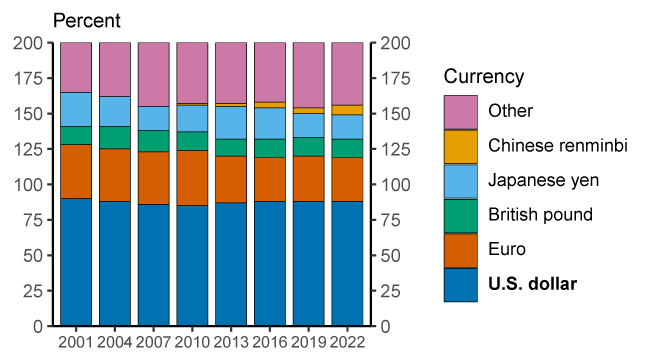
Other important events.
The trade index with time zones:
Russia: trade balance in September – 16:00 Moscow time.
UK: unemployment rate in September – 10:00 Moscow time.
Germany: consumer price index in October – 10:00 Moscow time.
Eurozone: ZEW economic expectations index in November – 13:00 Moscow time.
Publishing a monthly report OPEC for the oil market – 14:00 Moscow time.
How the previous trading session ended.
Moscow Exchange Index: 2785.31 (+1.86%).
RTS index: 895.75 (+1.73%).
By 24Webs.


